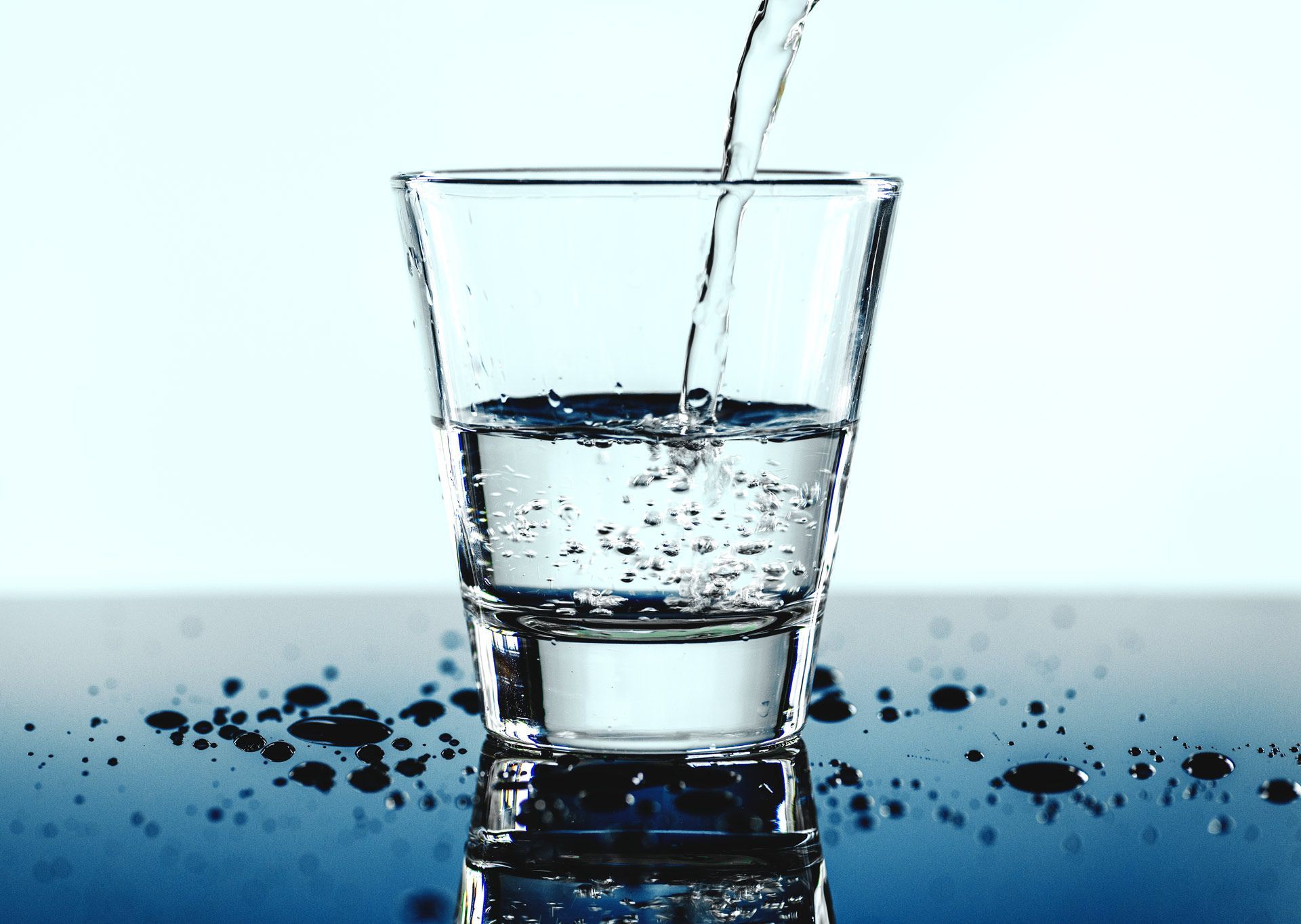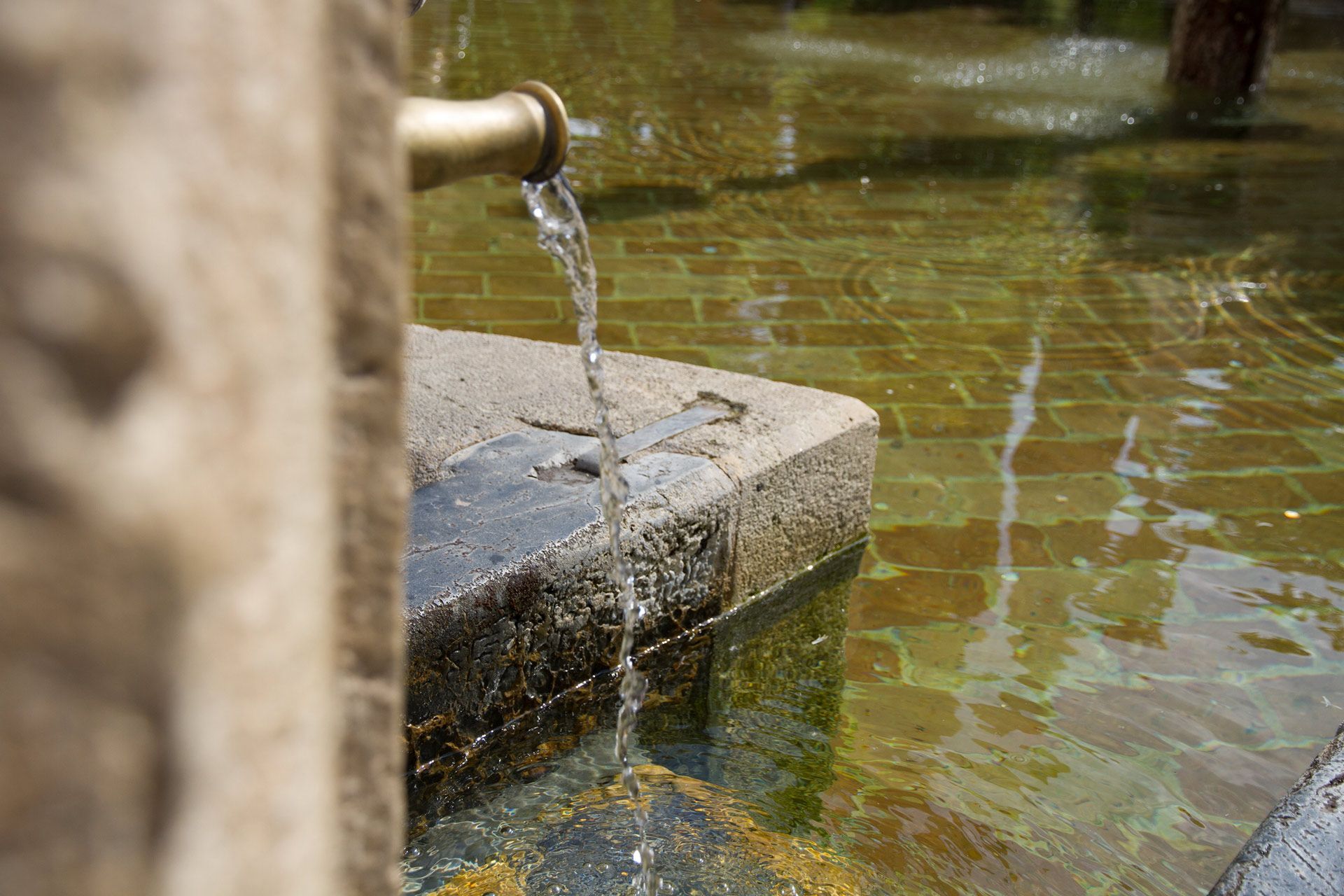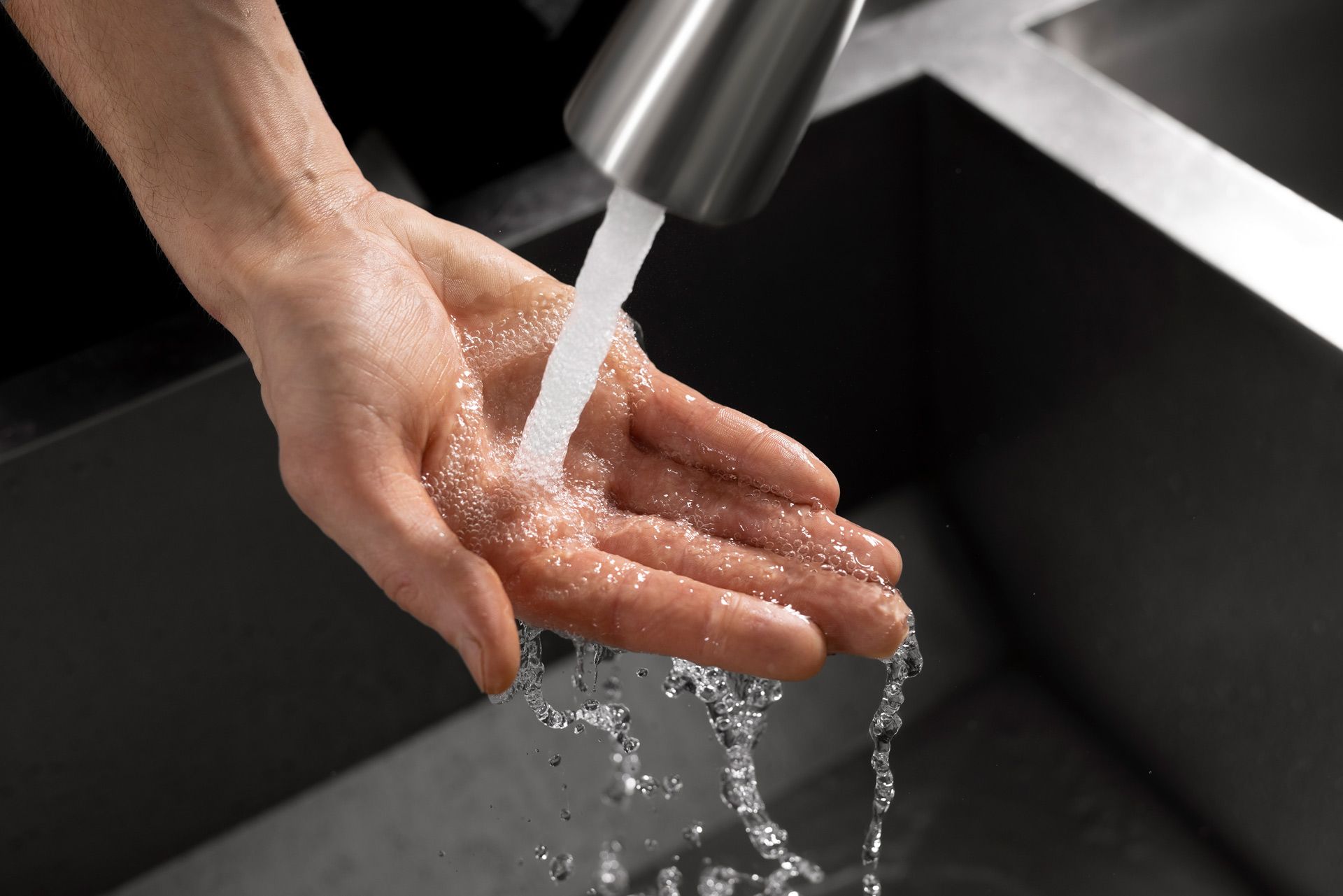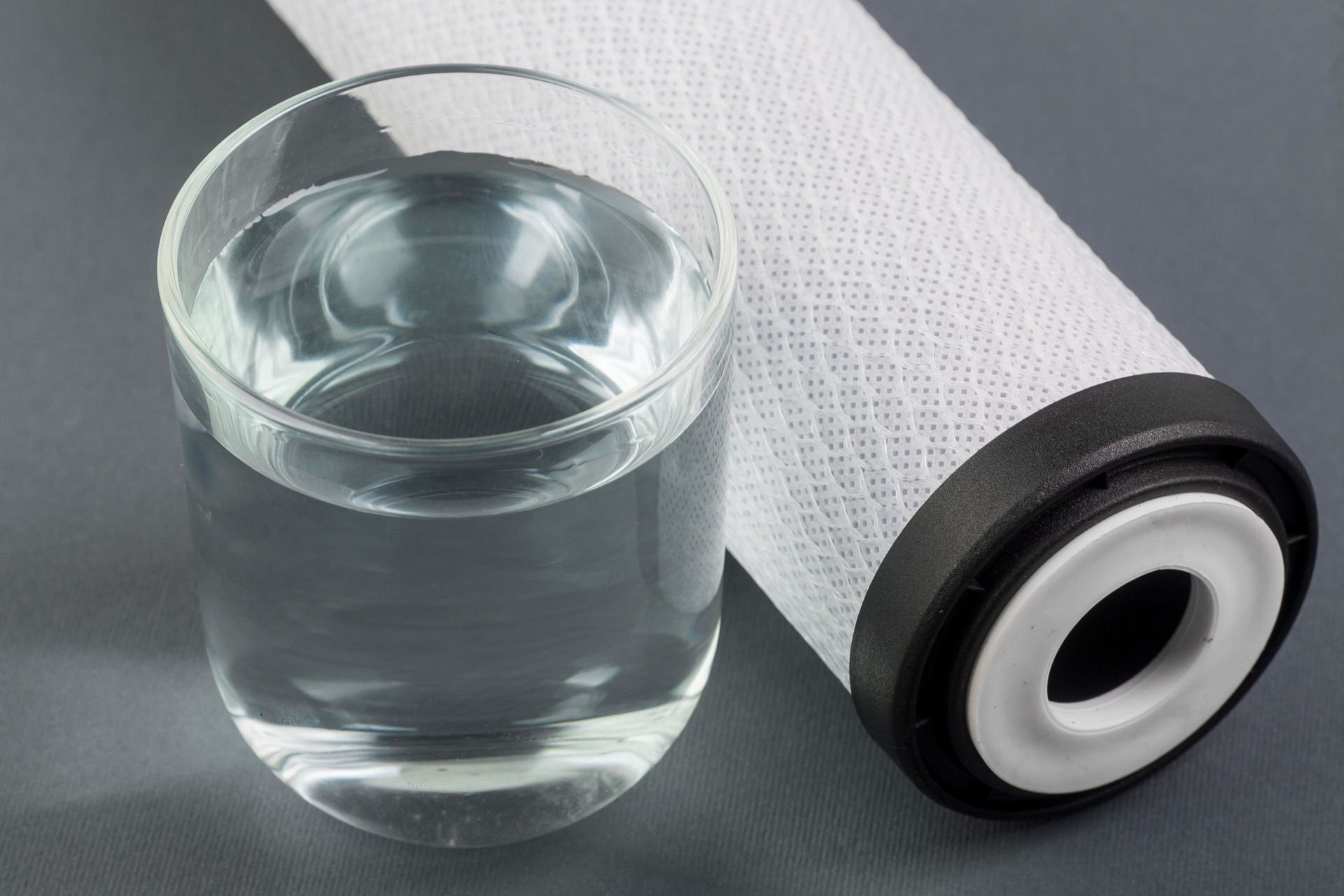What Contaminants Do Water Filters Remove?
April 1, 2025

When you turn on your tap, the water might look clean—but that doesn’t mean it’s pure. Hidden beneath the surface can be chlorine, lead, rust, bacteria, and even traces of medication. Water filters are designed to capture these contaminants, giving your family cleaner, safer, better-tasting water. This guide explains what different filters remove, what they don’t, and how to choose the right one for your home.
Why Water Contaminants Are a Concern
Water can collect unwanted materials from multiple sources—aging pipes, agricultural runoff, industrial waste, and natural mineral deposits. Over time, these contaminants can affect everything from your health to your appliances. Protecting your water supply isn’t just about taste—it’s about long-term well-being and peace of mind.
Chemical Contaminants Removed by Water Filters
Chemical contaminants are often invisible but potentially harmful.
- Lead: Common in older plumbing systems; linked to developmental and neurological damage. Reverse osmosis and carbon filters can effectively remove lead.
- Chlorine: Used for disinfection but leaves water tasting and smelling unpleasant. Activated carbon filters quickly absorb chlorine and its by-products.
- Fluoride: Helpful in moderation but excessive levels can pose risks. Reverse osmosis systems can reduce fluoride content to safer levels.
Each of these chemicals can change how your water tastes and how safe it is to drink, which is why chemical filtration is such a critical step.
Biological Contaminants
Bacteria, viruses, and parasites can sneak into your water supply through untreated groundwater or compromised municipal systems.
- Bacteria and Viruses: Systems with UV purification or reverse osmosis eliminate harmful pathogens like E. coli and norovirus.
- Protozoa and Cysts: Organisms like Giardia and Cryptosporidium cause severe stomach issues. Fine-micron filters trap these before they reach your tap.
These biological filters protect your home from the illnesses that contaminated water can cause.
Physical Contaminants and Sediment
Even if your water is chemically balanced, it can still carry visible particles. Sediment filters capture:
- Dirt and Sand: Often from natural wells or construction disturbances.
- Rust and Scale: Released from aging pipes, discoloring water and damaging fixtures.
A sediment filter helps keep your water clear and your plumbing running efficiently.
Emerging Contaminants You Should Know About
Modern life introduces new challenges to our water supply.
- Pharmaceuticals: Traces of medication can pass through wastewater systems. Advanced carbon or reverse osmosis filters help reduce these residues.
- Microplastics: Tiny plastic particles from packaging and textiles are increasingly common. Reverse osmosis systems and ultrafine filters help capture them before they reach your glass.
These pollutants may not be on every water report yet, but forward-thinking homeowners are filtering them out now to stay ahead of future risks.
Choosing the Right Water Filter
No single filter fits every home—it depends on what’s in your water.
Start with a water test or review your city’s annual water quality report. Then match your concerns to the right technology:
- If your water smells or tastes bad, choose an
activated carbon filter.
- If you have scale buildup, go for a
water softener.
- If you want comprehensive protection, install a
reverse osmosis system.
Regular maintenance—changing filters and cleaning systems—is just as important as the filter itself to maintain consistent performance.
Conclusion
Clean water isn’t a luxury; it’s a necessity. By understanding which contaminants different filters remove, you can make informed decisions that protect your home, health, and peace of mind. Whether you’re targeting chlorine taste, lead exposure, or the newest threats like microplastics, the right filtration system ensures every glass of water you pour is truly safe.











